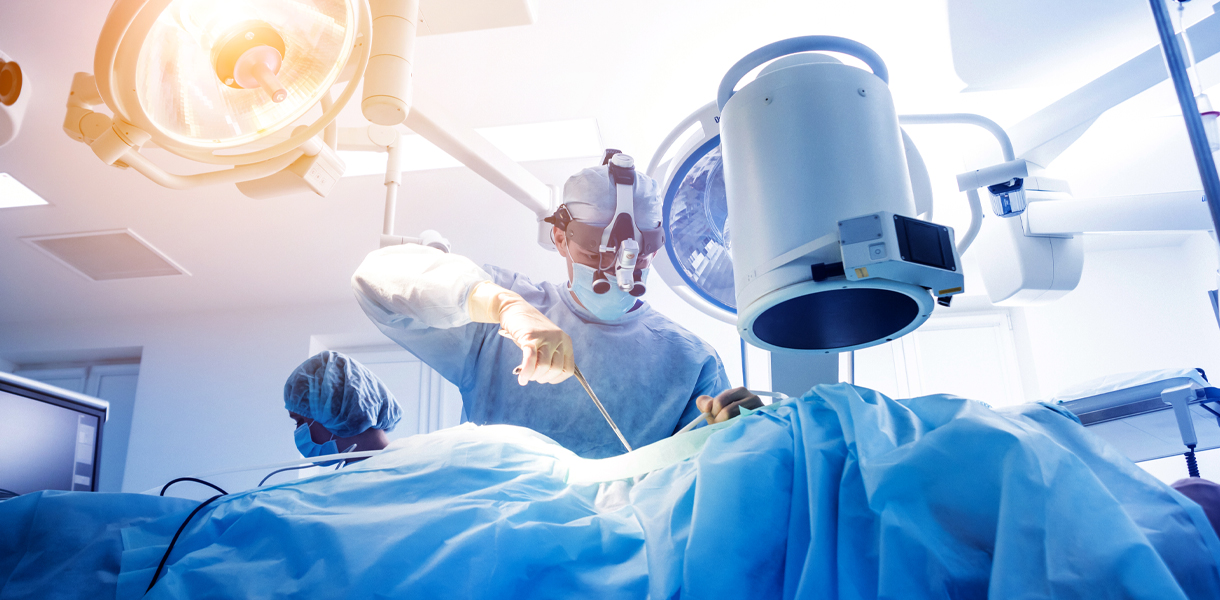
Laser treatment for fissures is a minimally invasive procedure used to treat anal fissures, which are small tears in the lining of the anus that can cause pain, bleeding, and discomfort during bowel movements. This treatment option is often considered when conservative treatments, such as dietary changes, topical creams, or medications, fail to heal the fissure.
Anal fissures are small tears in the mucosal lining of the anus, often caused by passing hard stools, constipation, or straining during bowel movements. They can cause sharp pain, bleeding, and itching. Chronic fissures, which do not heal on their own, may require medical intervention.
Laser treatment for fissures involves using a focused beam of light (laser) to remove or vaporize the damaged tissue and promote healing. The procedure is typically performed under local anesthesia and is designed to reduce the tension in the anal sphincter, which helps to improve blood flow and accelerate the healing process.
During the procedure, the patient is typically placed under local anesthesia, although sedation may be used in some cases. The surgeon directs the laser to the fissure, where it carefully removes the damaged tissue and reduces the tension in the anal sphincter. The entire procedure usually takes less than an hour.
Recovery from laser treatment for fissures is generally quick, with most patients experiencing minimal discomfort. Patients are usually advised to follow a high-fiber diet, stay hydrated, and avoid straining during bowel movements to promote healing. Pain relief is typically achieved with over-the-counter medications.
While laser treatment for fissures is generally safe, some potential risks and complications include:
Laser treatment for fissures is highly effective for many patients, especially those who have not found relief with other treatments. It offers a quick and relatively painless solution with a high success rate, making it a preferred option for treating chronic anal fissures. Overall, laser treatment is a safe and efficient method for promoting the healing of anal fissures, allowing patients to return to their normal activities with improved comfort and quality of life.